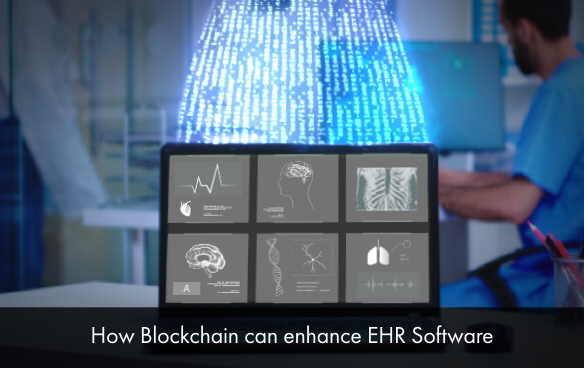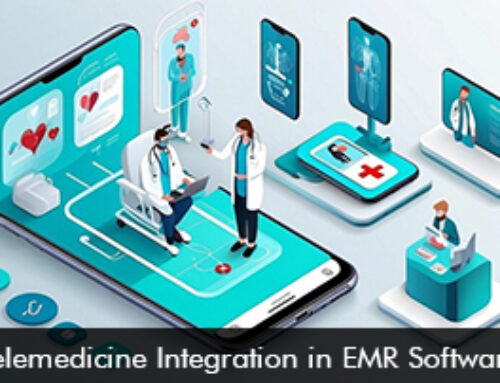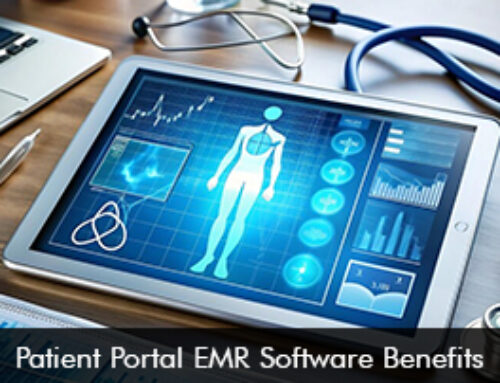Blockchain technology is still very new in healthcare, but if it is deployed correctly then Electronic Medical Records (EMR) Software solutions can become more efficient, enhance privacy, and improve interoperability. All these functionality enhancements will prove to provide an easier exchange of information, give patients more control over their data, and also result in low costs.
Blockchain Technology and EHR Software
Blockchain is changing how EHR software works by enhancing its nature. Blockchain is still a booming technology however many healthcare providers are unaware of this innovation, for example, a survey conducted between 3,700 physicians revealed that nearly half of respondents (47%) did not know about Blockchain technology.
Technology and healthcare IT experts say that Blockchain in healthcare is the next big innovation that will support both doctors and patients dramatically by improving cybersecurity and supporting seamless data exchange.
3 Benefits of Blockchain Technology in EHR Software
Blockchain can revolutionize Electronic Health Records software in the following ways.
- Enhanced interoperability and easier exchange of information – Interoperability is one of the key functionalities of the EMR software system. Blockchain technology can be used to standardize and secure healthcare data. Data stored on the Blockchain is easy to share between participants in the healthcare ecosystem. Interoperability also helps to improve public health through nationwide data sharing capabilities. When EHR software systems adapt Blockchain then more approved participants could easily be a part of the exchange community.
- Enhanced data security – The immutable ledger characteristic of the Blockchain makes it impossible for data to be changed and attacked. Hence health records are safely stored. A block-chain based software system makes it extremely difficult for hackers to manipulate health data as the hashes will not equal data that will be protected mathematically. Enhanced information security means that the patients are safe due to the protected and encrypted chain.
- Patients have greater ownership of their health records – Blockchain technology centralizes and standardizes health and patient data. This enables patients to easily share data with a new provider and eliminates the hassle of asking permission from a third party and the difficulty in sharing data because of the format.
Limitations and challenges
Like any new technology, blockchain has its share of challenges. Stakeholders in the healthcare ecosystem are still unsure as to how to scale blockchain. The technology is also not the perfect fit for low-value and high-volume transactions. The costs of deploying a blockchain health system are still unknown. However, if blockchain is implemented properly and the challenges are overcome then it can be a promising answer to the many issues faced by software systems that result in technology breaches and low ability of interoperability. If any healthcare organization is planning to implement an EHR software system then it is advised to ask the prospective software vendor how they plan to deploy blockchain technology to enhance data privacy and result in the free-flow exchange of information.







